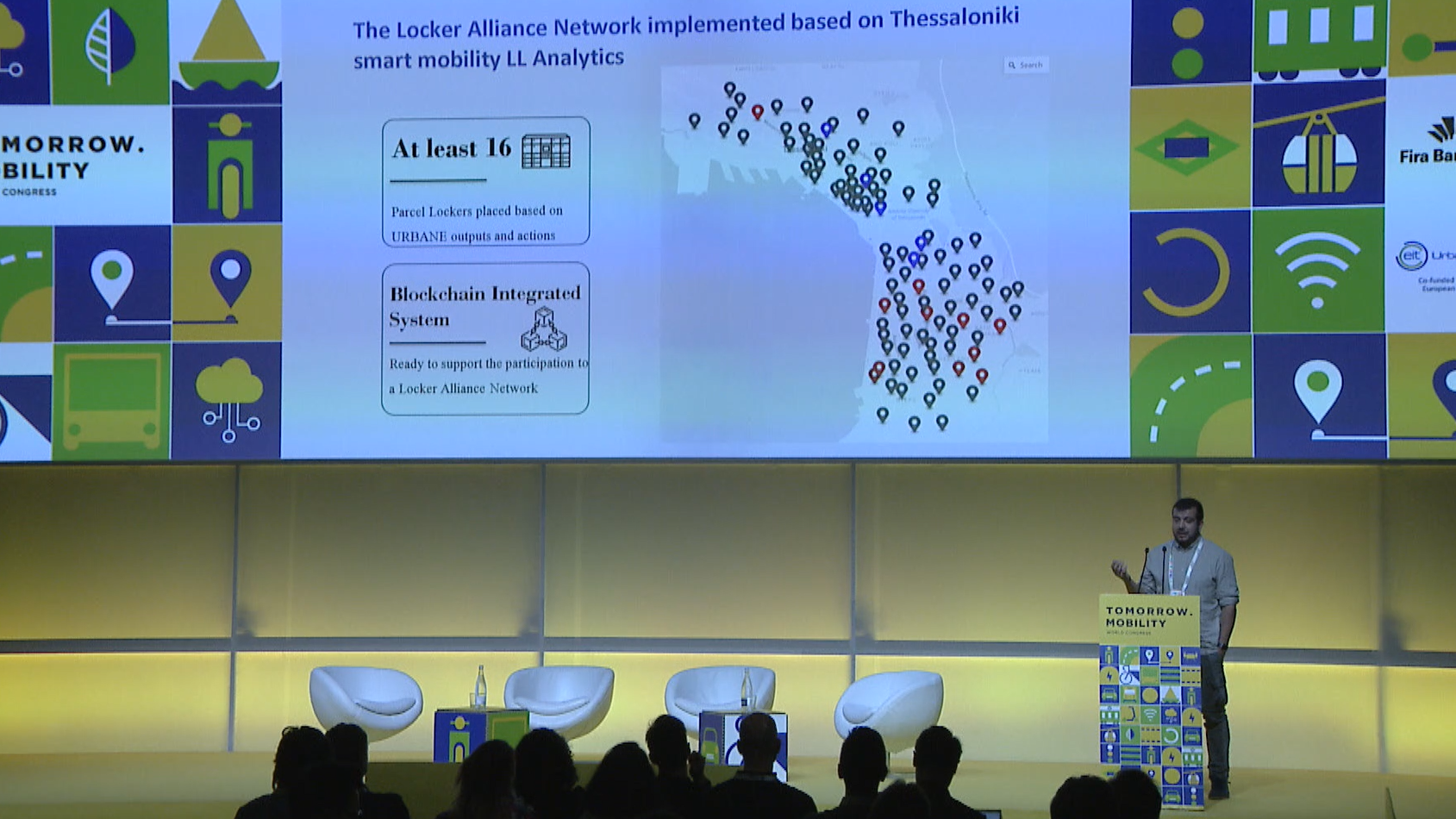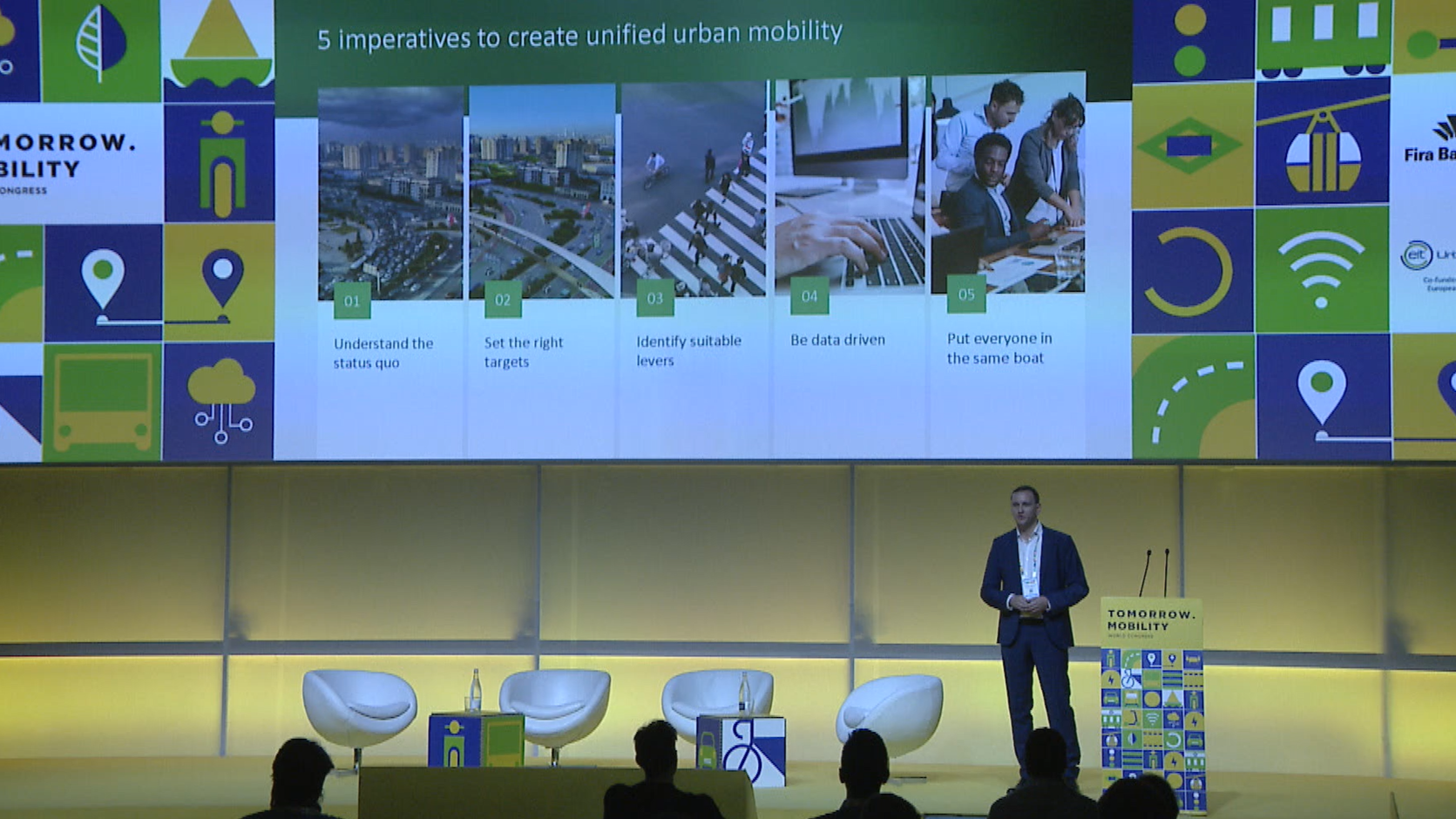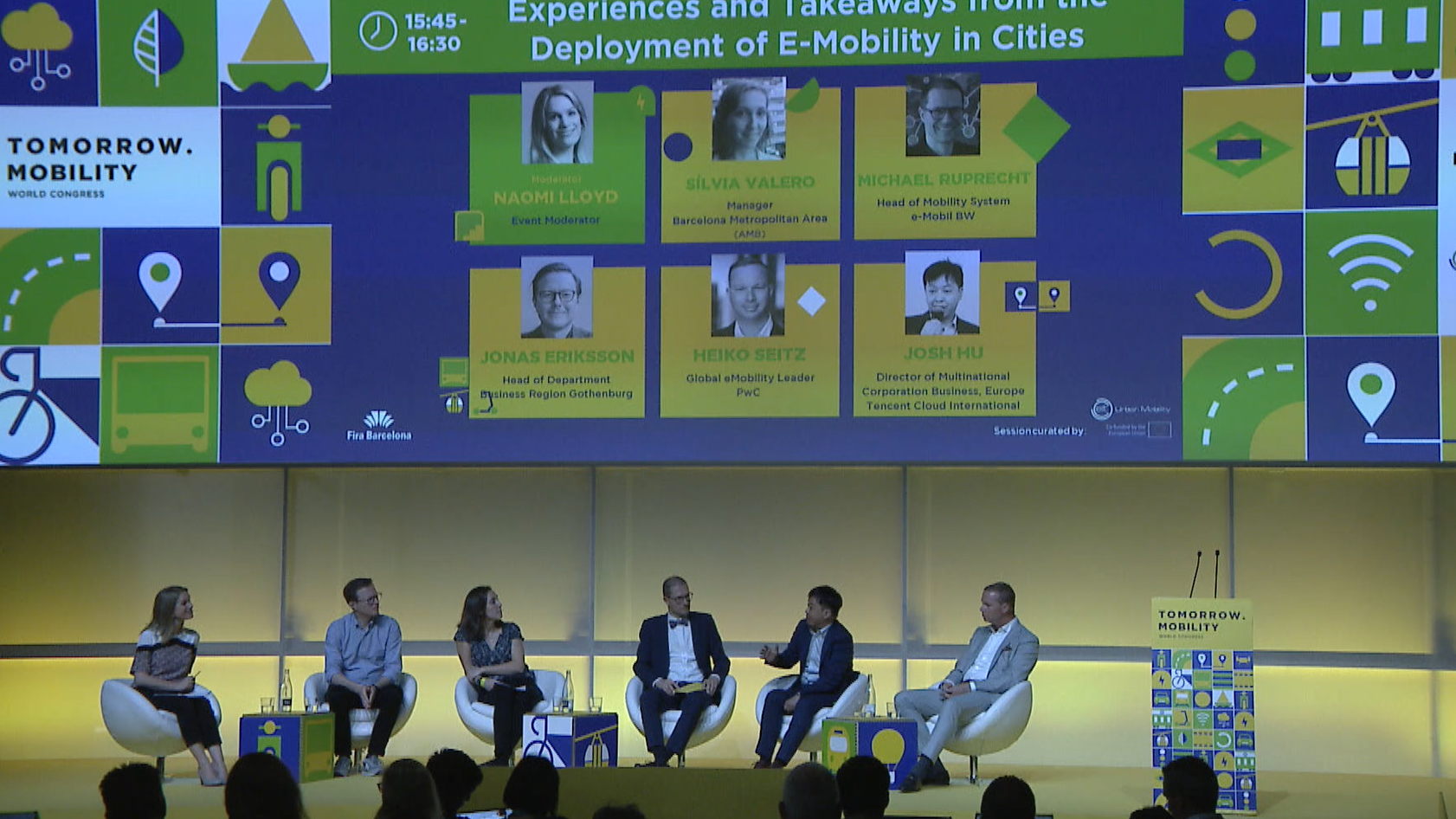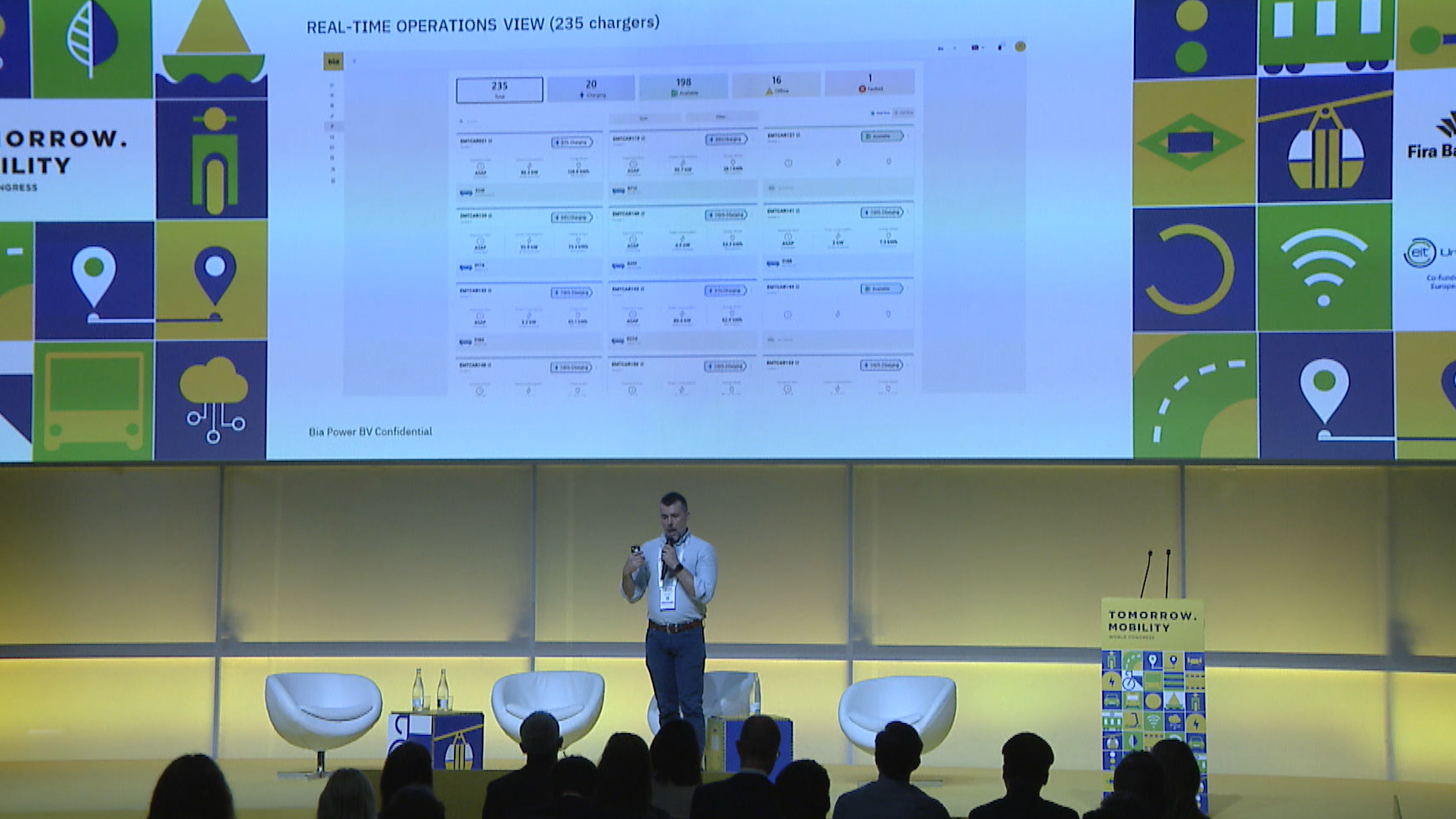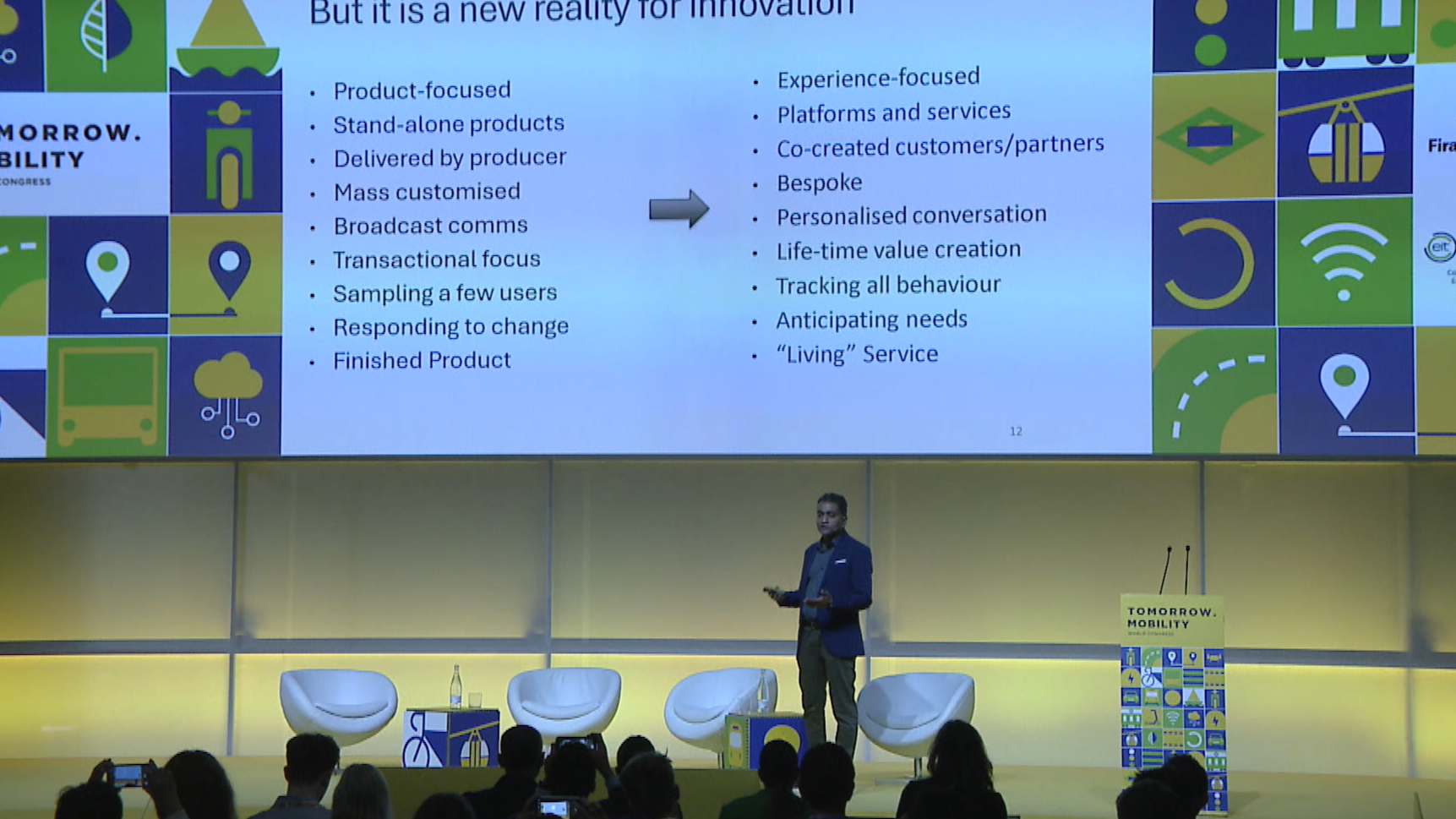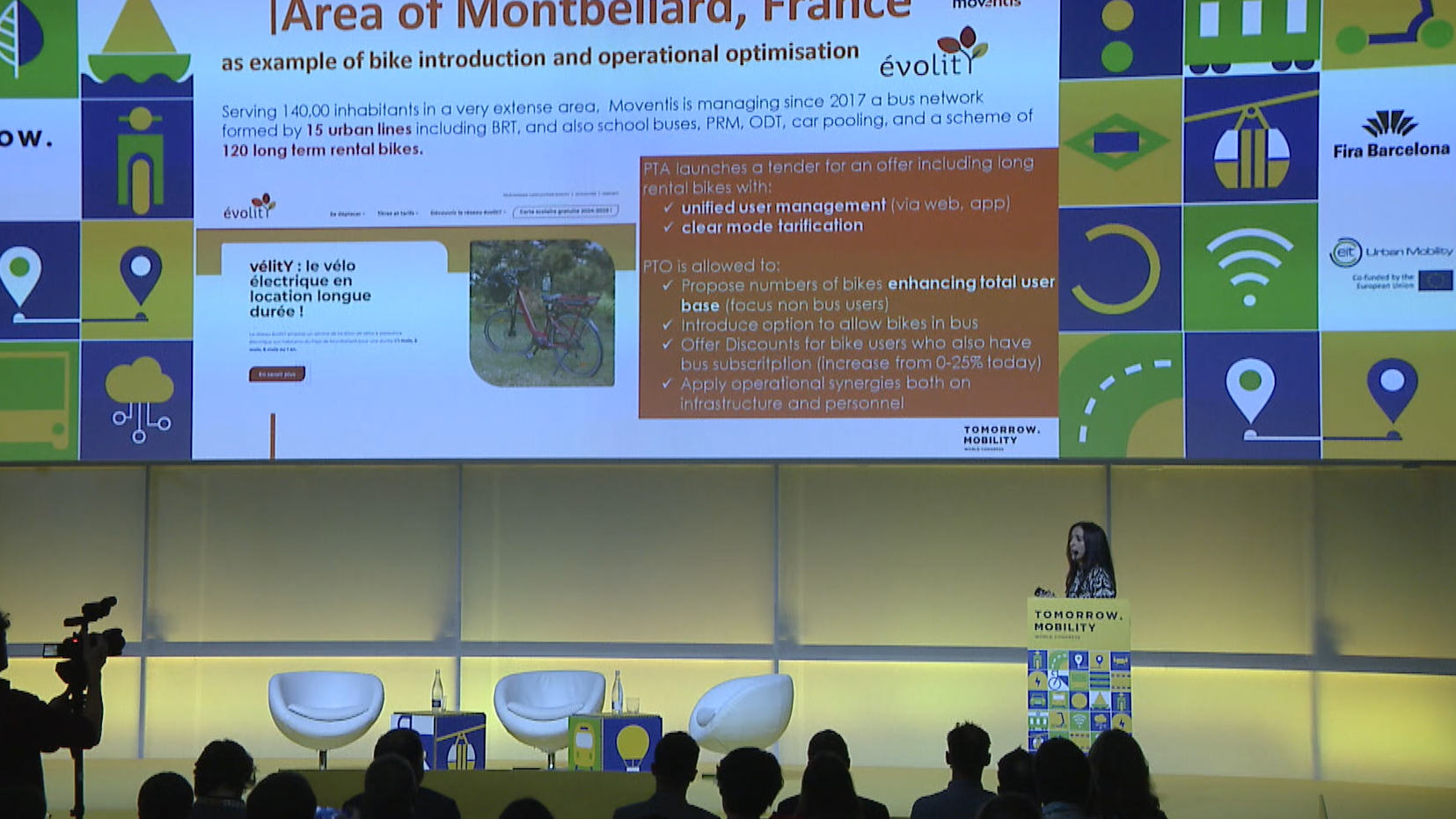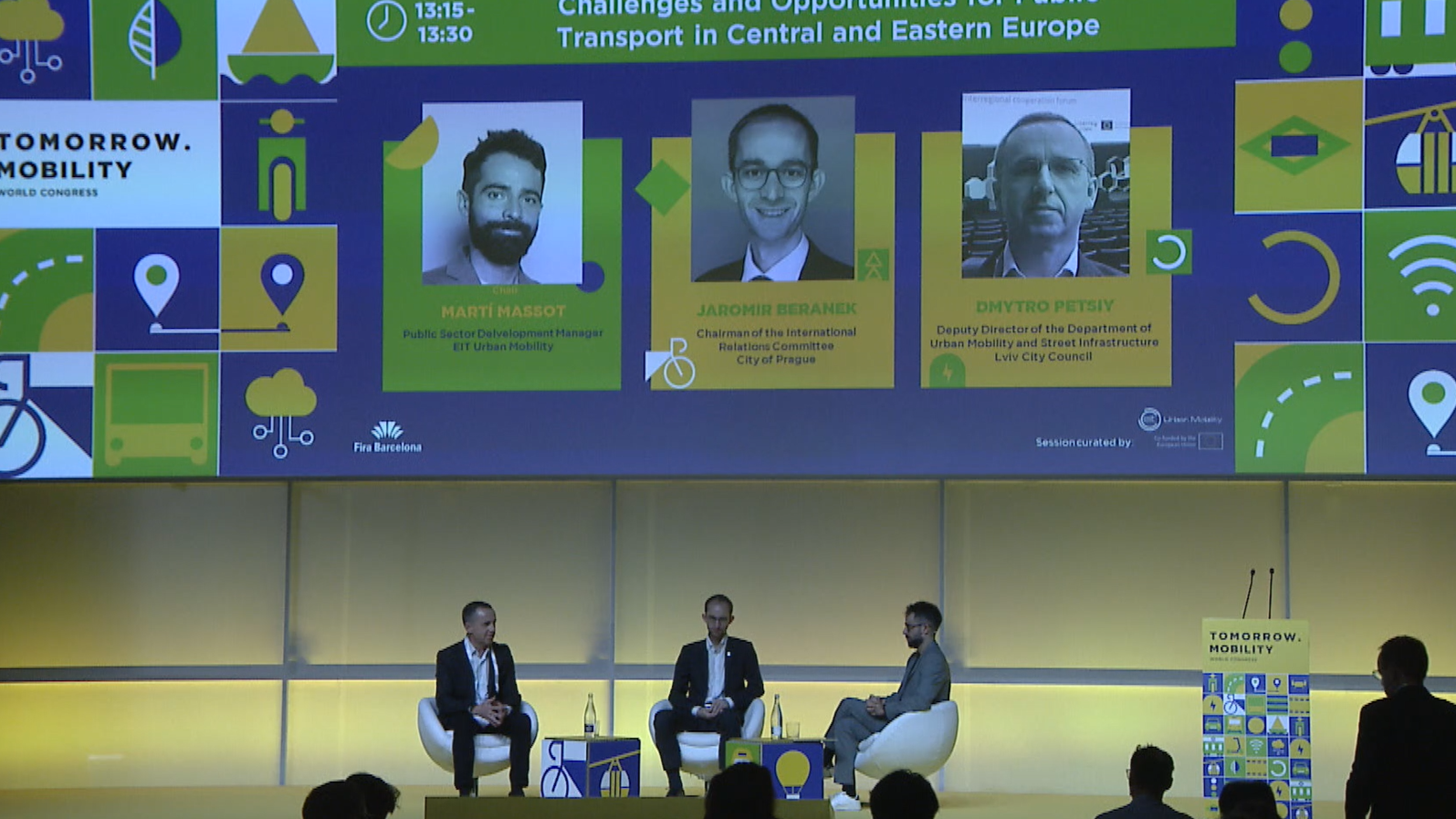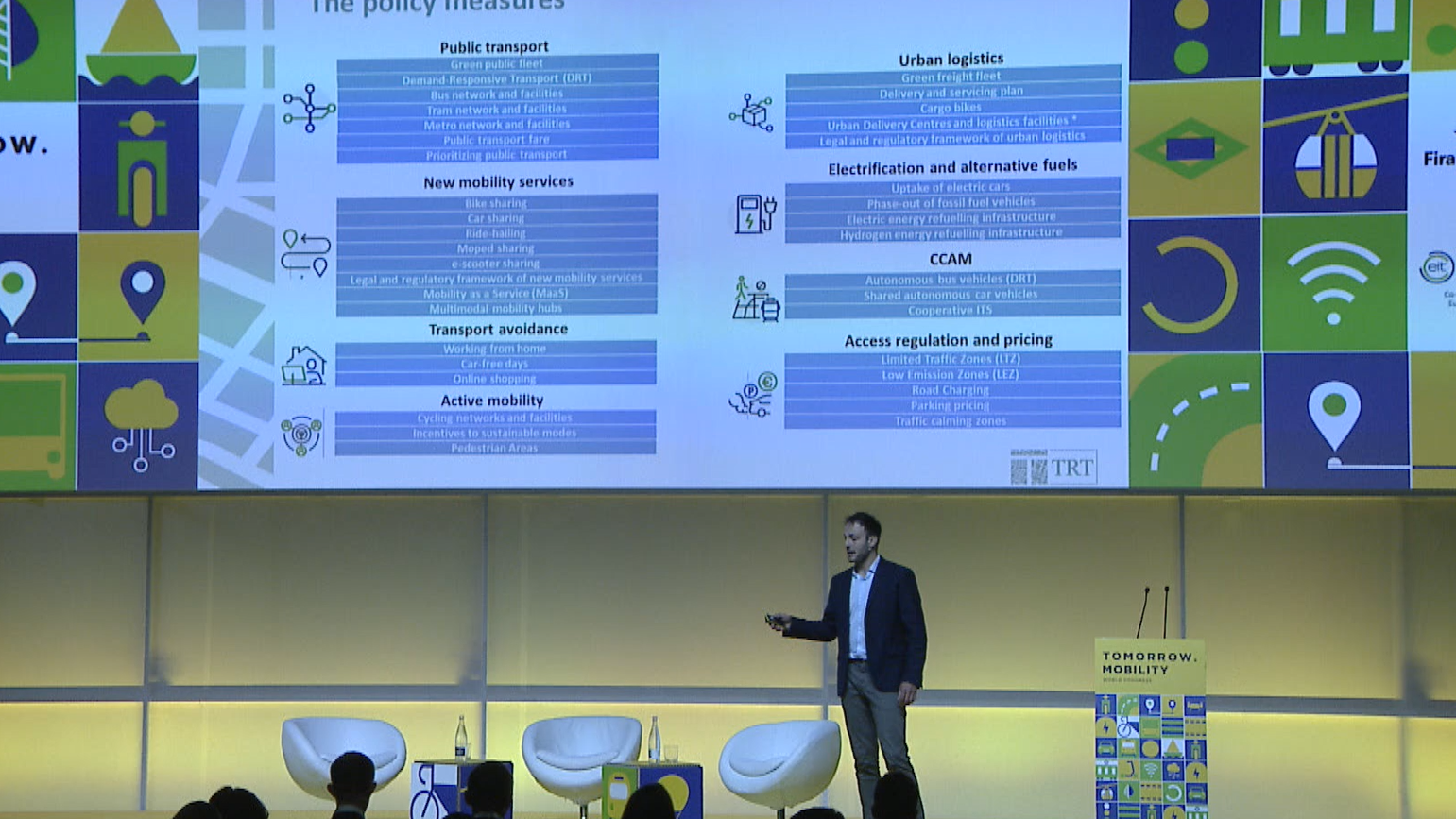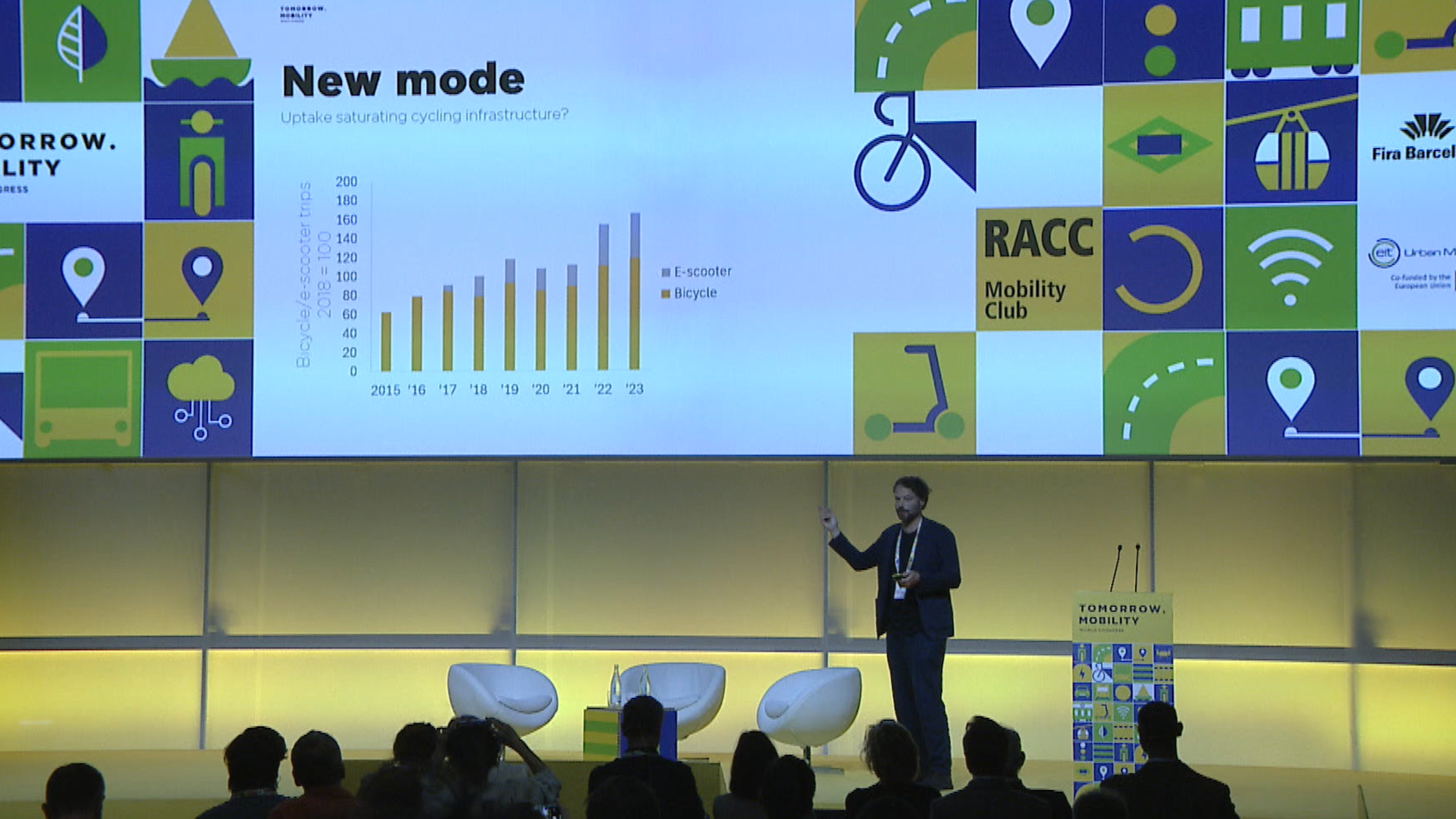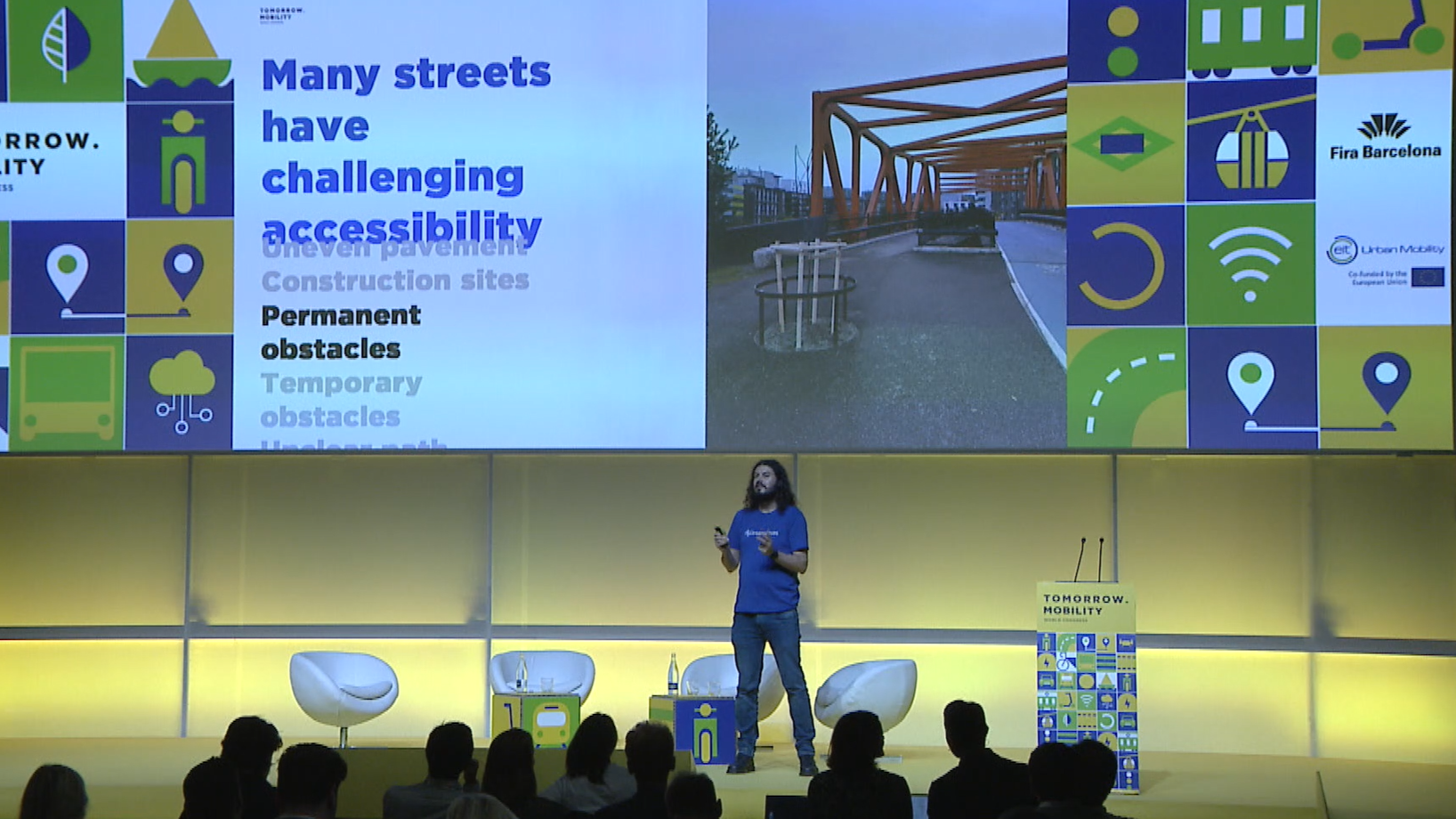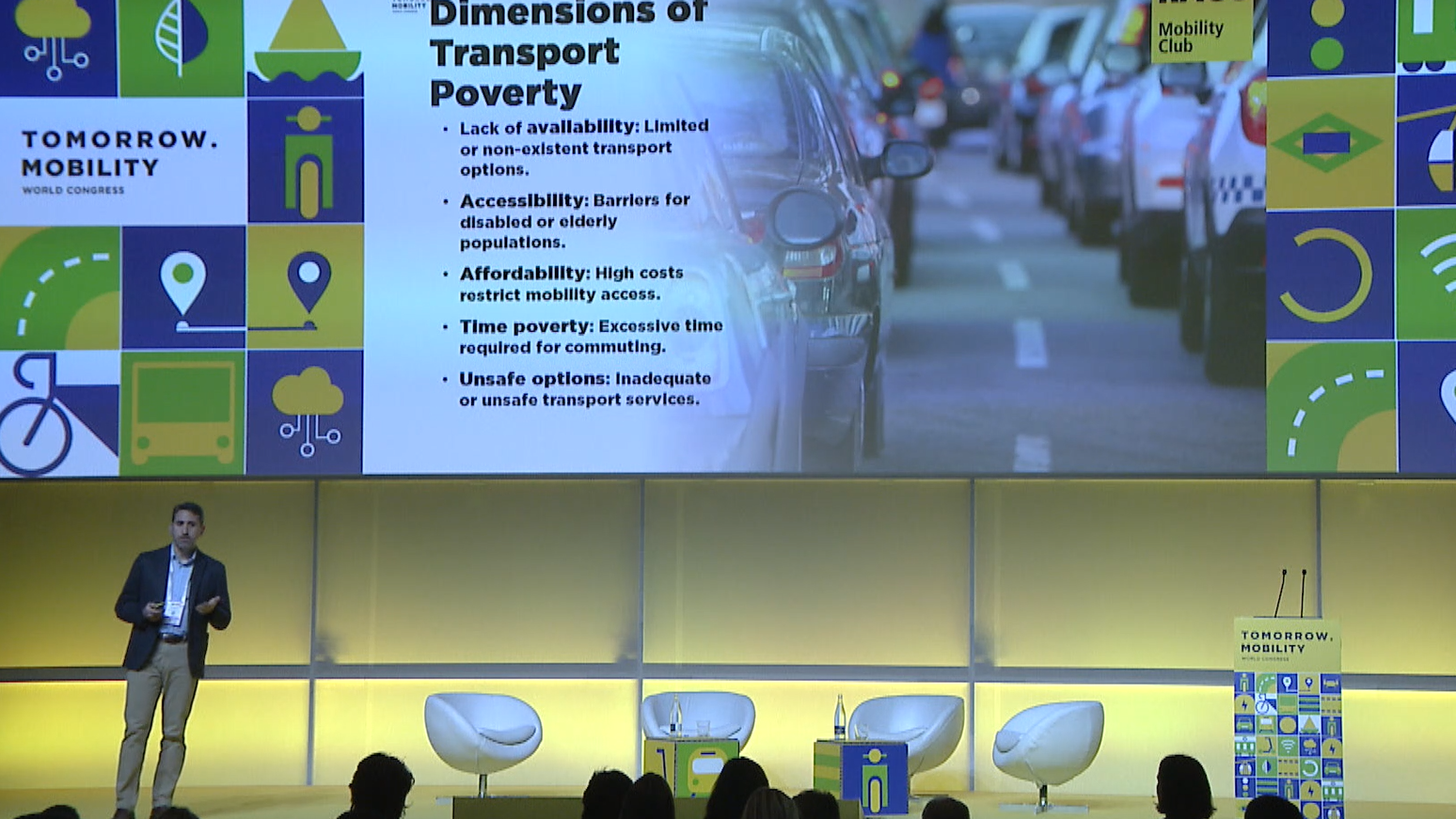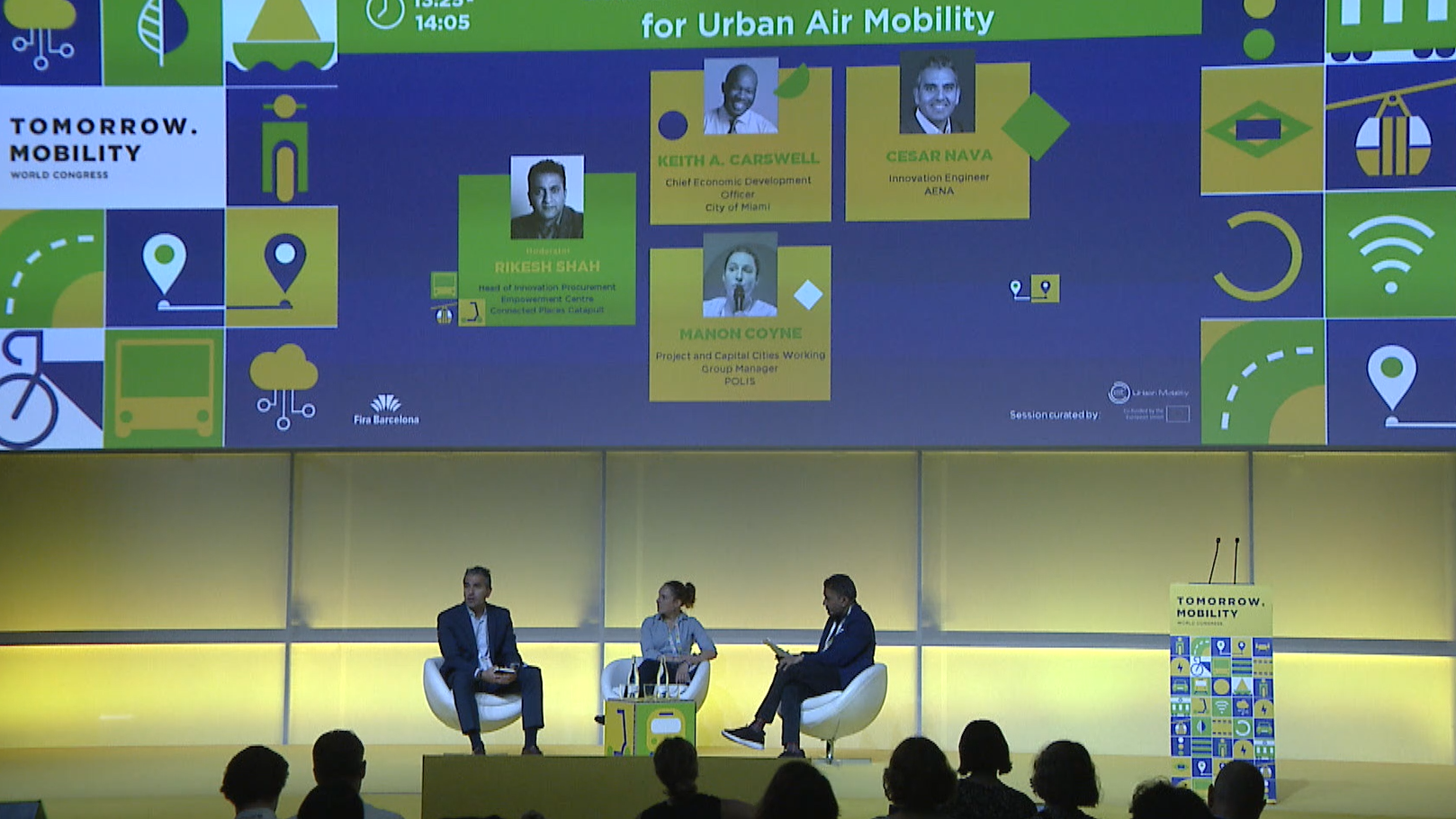Authors | Jaime Ramos, Elvira Esparza
Public charging is considered to be one of the classic obstacles for the development of electric mobility. Are there not enough charging points because there are not enough electric cars or are there not more electric cars on the road because we do not have the appropriate charging infrastructures? The balance seems to swing towards the latter. However, various initiatives are underway to expand and improve both public and private charging infrastructures.
Soon only electric cars will be sold
Electric cars are here to stay and that is a fact, not just because of the number of registrations or the market share. The roadmap of the main manufacturers has changed, in order to adapt their offer to zero-emissions with a view to the next decade.
The relevant question in the sector is when will companies stop selling combustion powered vehicles . The first that can afford this luxury are premium car manufacturers. Two examples of this are Volvo, which will do so in 2030 and Audi a few years later with the gradual reduction of its combustion engine cars.
This reality contrasts with the mediocre deployment of the charging network in most markets. To date, the sector’s hopes were based on private or domestic charging. If the expectations are to become a reality, the much-awaited deployment of public charging networks will be essential.
How and where are electric cars charged?

An electric car can be plugged into any socket. The problem is the power and charging times, which has increased as the energy capacity of batteries has increased.
If not so long ago batteries for 100% electric vehicles barely reached 20 kWh, the most recent models now have a battery capacity of between 50 kWh and 80 kWh, and even 100 kWh. This means the main aim of public charging is to achieve relatively fast charging, which requires a technology that comes at an extremely high price. Given this situation, companies such as Tesla are adapting their private network to deliver up to 300 kW of power.
The objectives include covering this technological lapse in which electric models will still not be able to cover large distances. The sector, therefore, requires an upgrade and technological adaptability which, to say the very least, is lagging behind.
The countries most interested in electric mobility are trying to accelerate the deployment through multimillion dollar investments. In the United Kingdom, the Climate Change Committee estimates that 1,170 charging stations for every 100 kilometers will be needed in 2030 to cover the needs of electric vehicle drivers. There is a long way to go to fulfil this goal.
What are the challenges faced by EV charging stations?

The public charging infrastructure is facing a series of new challenges without having resolved the ones it was already tackling.
Network adaptability
The sector is debating whether to retrofit old chargers or install charging points with the latest power and intelligence features. Companies such as Charge Up Europe have set out the many disadvantages of refurbishing the charging stations to adapt to the new circumstances and they propose starting from scratch. Furthermore, there are also technical impediments in terms of integrating the chargers in the different locations, particularly in urban spaces.
Different standards of fast charging
To date, charging is differentiated based on the type of connector compatible with each car. This depends on the manufacturer and the region of the world. Defenders of electric vehicles have been demanding a unified standard of fast charging for years, so that new stations do not have to be developed with several types of connectors.
Service unification
Another unification that has been in the making for years. It depends on who provides the service: public entities, private businesses or charging managers. This determines whether drivers have to subscribe in order to obtain access credentials or even the final price for charging their cars.
Maintenance of charging stations
Another pressing factor and also related to retrofitting. The problems regarding the maintenance of the infrastructure have increased. In California, which is the main electric vehicle market in the USA, one in four charging points is inoperative. There is also an apparent lack of training and professionals at a global level.
Lack of components and price of precious metals
The deceleration of the installation of charging points since the pandemic is due to the global shortage of essential components and the price of metals such as lithium. These two global phenomena are also resulting in an increase in costs, which were already high, for putting fast charging stations in operation.
What are the key best practices for electric vehicle charging?
Given the challenges associated with vehicle charging, various initiatives are being developed to address them, including the adoption of a universal charging standard and the development of electric roads.
Adoption of a universal EV charging standard
Major automobile manufacturers in the United States have agreed to adopt the North American Charging Standard (NACS), originally developed by Tesla, for new vehicles. Most brands will implement this measure in new cars starting this year and provide adaptors for existing cars, allowing them to charge at Tesla’s superchargers.
Furthermore, BMW, General Motors, Honda, Hyundai, Kia, Mercedes-Benz, and Stellantis have formed the company Ionna, with the aim of building a network of 30,000 DC fast-charging ports to support NACS and the Connected Charging System standard. In total, the United States currently has 188,600 public and private charging ports, and 67,900 charging stations, according to data collected by the US Department of Energy.
Installation of private chargers on streets
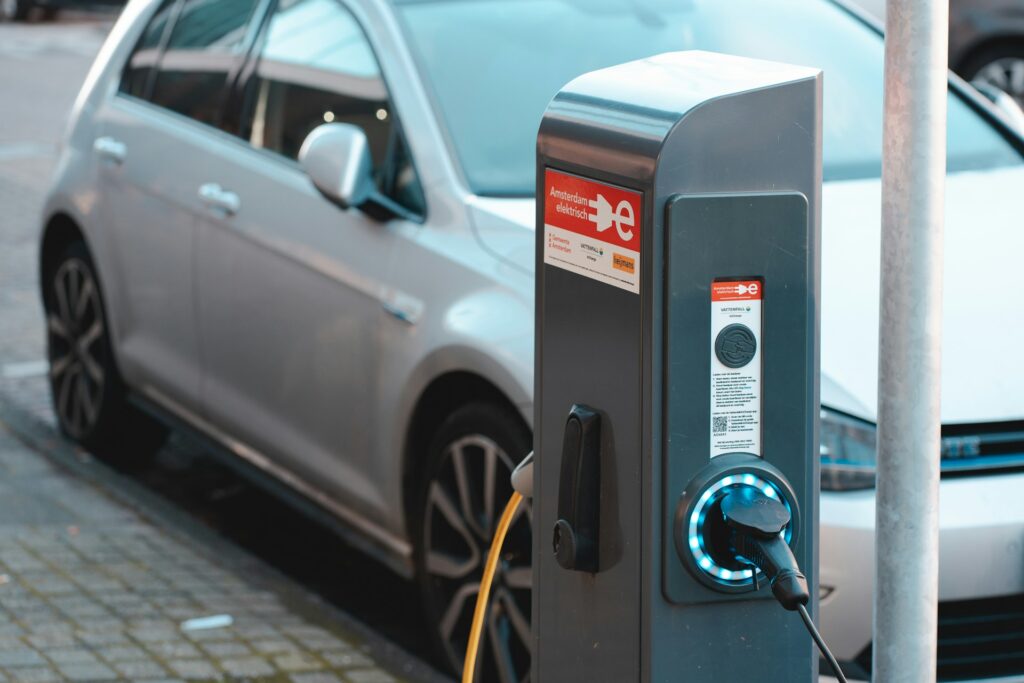
Numerous solutions have been implemented for electric vehicle owners who do not have a garage or their own charger, providing convenient alternatives for charging on the go. In the United Kingdom, grants are available for electric vehicle owners who do not have a garage, allowing them to install on-street chargers. A pilot program developed in Nottingham allows a cable to be extended from a home-installed electric vehicle charging point to the street, enabling charging for cars parked outside.
Electric roads
In several European countries, including France, Sweden, and Germany, electric road projects are currently being developed. France plans to build 8,850 km of electrified roads using overhead cables or induction charging. Germany plans to install 4,000 km of overhead cables on motorways, while Sweden aims to build 2,000 km of electric roads.
These electric roads can incorporate various charging methods, primarily catenary systems with overhead cables to supply electricity to special buses or trams, and conductive charging for wireless charging of electric vehicles, using specialized equipment embedded beneath the road.
Roads with wireless charging
This is one of the solutions currently being tested to facilitate electric vehicle charging, as it enables vehicles to be charged while in motion. The first wireless electric road has been installed in Detroit (United States) so electric vehicles can be charged as they drive.
It is a 400-meter section of road with electromagnetic coils beneath its surface, connected to the city’s electric grid. These coils create an electromagnetic field on the road’s surface, transferring energy to a receiver connected to the electric vehicle’s battery. It is an inductive charging system similar to wirelessly charging cell phones.
This same system is set to be tested on a motorway in France that connects Paris with Orléans. The idea is to create a lane that can be used by various types of vehicles, including cars, vans, trucks, and buses, with the aim of reducing transport emissions by 86% compared to diesel.
All these factors require, as a starting point, a consensus between the numerous electric mobility stakeholders with a view to sharing common criteria. Only then will they be able to take advantage of the investment and cover the exponential number of electric models that are already on our roads.
Images | Freepik/ frimufilms, Ionity, Freepik/user6702303, Ernest Ojeh





































